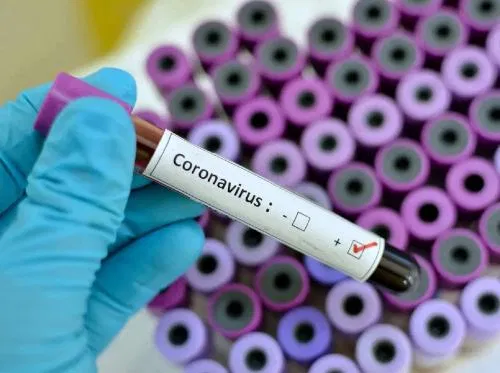Heart is the viscous of Cardiac Muscles that maintains the circulation of the blood. According to the World Health Organization (WHO), Cardiovascular Disease (CVD) is the number one cause of death in the world. Cardiovascular Diseases are also said to take the lives of about eighteen million people every year, 31% of all global deaths. What trigger these diseases, which manifest primarily as heart attacks and strokes, are tobacco use, unhealthy diet, physical inactivity and the harmful use of alcohol. These in turn show up in people as raised blood pressure, elevated blood glucose, overweight and obesity which are very serious risks detrimental to good heart health.
People with heart disease and its risk factors are more vulnerable to severe forms of COVID-19, and up to 1 in 5 patients hospitalized by COVID-19 have evidence of heart muscle injury. Heart complications from COVID-19 are a major cause of death.
However, severe bacterial infections can affect the entire human body, including the heart function. Bacteria from the mouth can cause a serious heart infection.
A better understanding of the impact of COVID-19 on heart health is, therefore, needed in African populations as recent reports have indicated that people of African origin are disproportionately affected and experience the most severe manifestations of infection.
The COVID-19 pandemic has disrupted healthcare systems worldwide, and many patients have experienced changes in the care they receive. Until an effective treatment or vaccine is developed, people will reduce the risk of heart complications from COVID-19.
Smoking, poor diet, and lack of exercise are linked with obesity, low blood pressure, and poor blood sugar and cholesterol control, all of which are risk factors that lead to heart disease. If these lifestyle factors are modified, this might decrease the risk of heart disease. As well as maintaining a healthy lifestyle, the World Heart Federation also urges people not to let COVID-19 stop them from attending their regular check-ups and using the emergency services, if needed.
Through the Global Hearts Initiative, WHO is supporting governments around the world to scale-up efforts on prevention and control of Cardiovascular Diseases. Health workers are equally being trained to better deliver tested and affordable measures to protect people from Cardiovascular Diseases and help them to recover following a heart attack or stroke.
The world is living in unprecedented times. The COVID-19 pandemic has shone a spotlight on the healthcare profession, national healthcare systems and individual responsibilities for the health of citizens. No one knows what course the pandemic will take in the future but taking care of our hearts right now is more important than ever.
To understand what it takes to live a heart healthy life and to act on that knowledge, changing your behaviour for a better quality of life now and in the future is paramount. We must set examples for your loved ones. Healthcare Professionals should help their patients to make positive changes for their heart health. Employers should invest in the heart health of their employees, while government should implement policies and initiatives that will lead to better societal Heart Health, such as sugar, taxes, smoking bans and reducing air pollution.
Everyone should look beyond the self and act in ways that support the most vulnerable in the society; those with underlying heart-related conditions that may put them at greater risk in this time of COVID-19.
USE YOUR HEART TO FIGHT COVID-19 FOR THE SOCIETY, YOUR LOVED ONES AND YOU!





Comments are closed for this post.